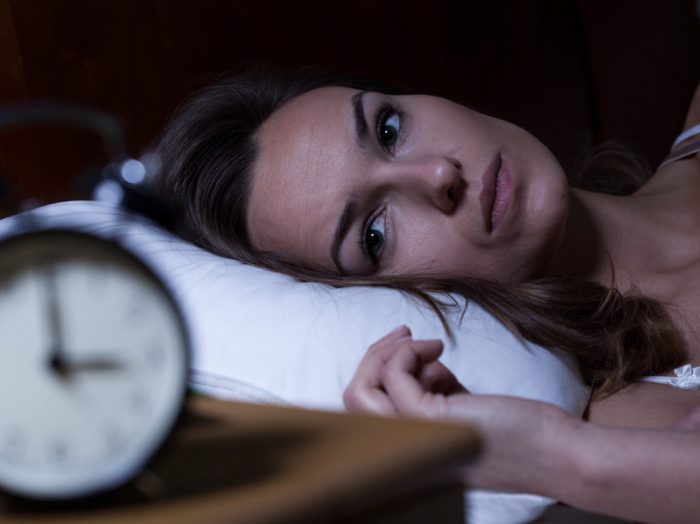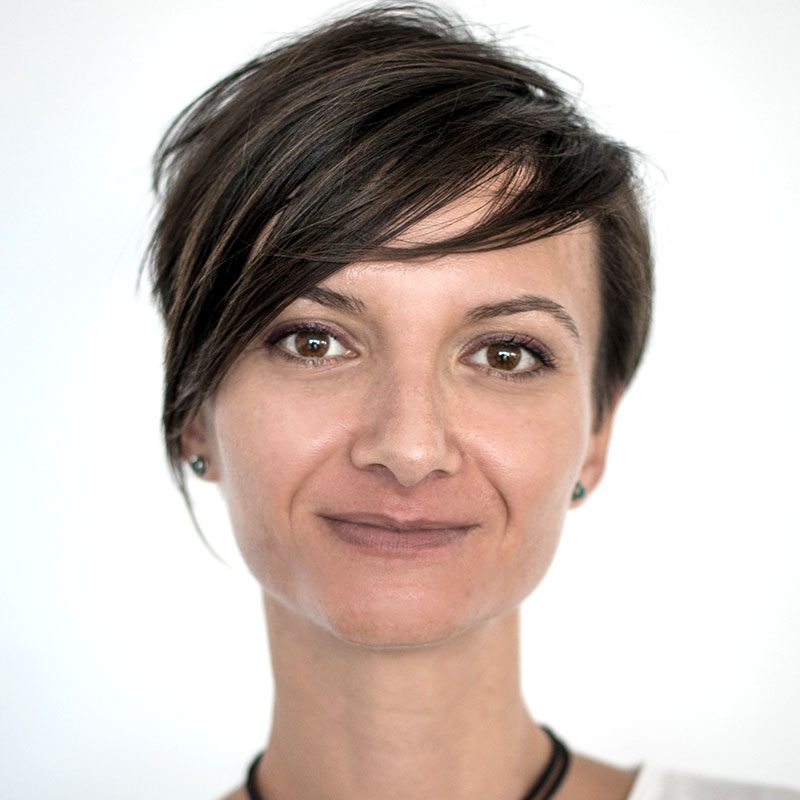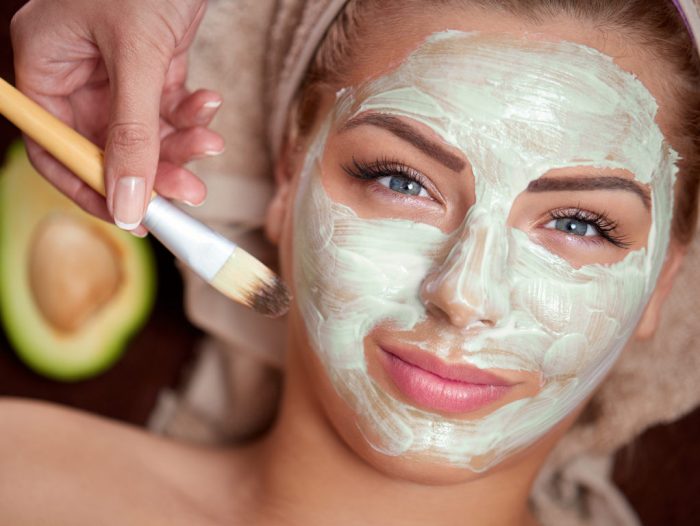Are you feeling nervous and more active during the nights when there is a full moon in the sky? One study found that full moon may disrupt sleep. You might get less shut-eye and you might not feel very rested when you wake up.
Are you a romantic person who loves to look at the full moon? Well, that’s so nice! Especially if you can spend your whole night watching it! But what happens to your body when the full moon rises?
A new study in the journal Current Biology suggests that a full moon may disrupt sleep, according to Edition.cnn.com. How is that? People tend to sleep worse during full moon. Plus, they sleep about 20 minutes less than they do during a new moon when it’s invisible.
Full moon may disrupt sleep: The study
The study included 33 healthy volunteers, aged 20 – 74. They slept in a laboratory with no windows, so they had no way of seeing the moon. The volunteers stayed in the lab for three and a half days, while humidity and temperature were controlled.
The results showed that a full moon may disrupt sleep because it was linked with a 20-minute reduction of total sleep time. Researchers also found that it took about 5 minutes longer for participants to fall asleep around a full moon than around a new moon. Deep sleep was, on average, 30% shorter during a full moon.
“We have evidence that the distance to the nearest full-moon phase significantly influences human sleep and evening melatonin levels when measured under strictly controlled laboratory conditions, where factors such as light and personal moon perception can be excluded,” the study authors wrote.
The study has some limitations though
Even if the methods used in this experiment are efficient, there are also some weaknesses.
First of all, the number of participants in the study was very small. So the results may not apply to a wider population. Plus, the researchers didn’t control what volunteers were exposed to in the week before the study. This is important because their individual environments could have influenced their sleep habits. Also, the study didn’t look at all of the phases of the moon cycle.
The study wasn’t conducted in order to find out why the full moon may disrupt sleep, but Christian Cajochen, the leading study author from the Psychiatric Hospital of the University of Basel in Switzerland, speculated that the human brain may have an internal clock that is synchronized with the moon.
To be more relevant, one study on this topic should observe people staying in the controlled setting for at least 30 days to cover an entire lunar cycle, Christian Cajochen said.






